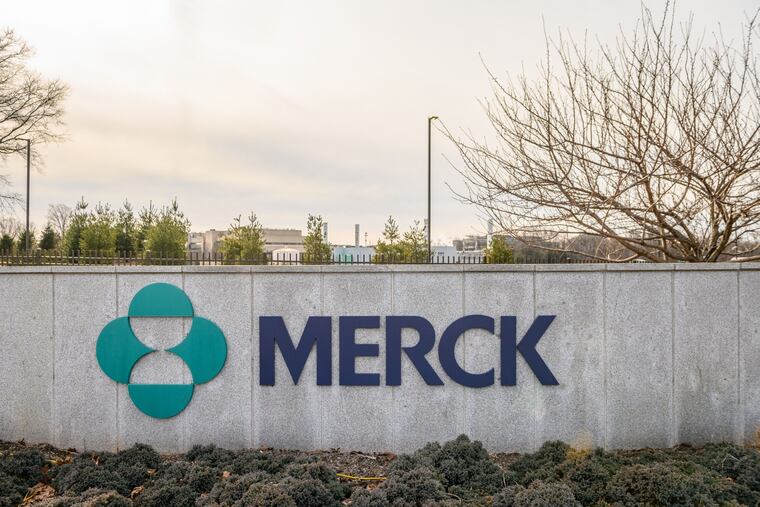Merck is set to remove cancer-causing chemical from top diabetes drugs
Merck has discovered how its blockbuster diabetes medications have become contaminated with a potential carcinogen and believes it can resolve the problem by the end of the year.

Merck has discovered how its blockbuster diabetes medications have become contaminated with a potential carcinogen and believes it can resolve the problem by the end of the year.
Merck submitted a report to the U.S. Food and Drug Administration and other regulators after identifying the root cause for the presence of a nitrosamine called NTTP in certain batches of the drugs, according to a person familiar with the situation who asked not to be identified discussing matters that aren’t public.
The work has the potential to prevent hundreds of thousands of diabetes patients from being exposed to low levels of potentially cancer-causing nitrosamines, an impurity that’s been found in Merck’s Januvia and Janumet, along with many other widely used medications.
Januvia was Merck's third-best-selling drug in 2021 with $3.3 billion in sales, according to data compiled by Bloomberg, while Janumet had revenue of almost $2 billion that year. The drugs, used to control blood sugar in patients with type 2 diabetes, are among a number that have been found to be contaminated with nitrosamines since 2018. Another popular diabetes drug called metformin is among those affected, along with certain blood pressure pills and Pfizer's smoking cessation drug, Chantix.
The FDA said in August that Merck had found the potential carcinogen in Januvia and Janumet during required testing to check for the chemicals. To avoid shortages, the FDA allowed Merck to continue selling the drugs even though they contained nitrosamine that exceeded allowed levels.
Merck has identified the root cause for the presence of a nitrosamine called NTTP in certain batches of the drugs and submitted a report on its findings to regulators, according to the person. The impurity arose mostly during storage, as well as during manufacturing, the person said.
Since then, the company has improved its quality-control process for the drugs and expects to be able to consistently reduce levels of the impurity to acceptable levels this year, the person said, with the exact timeline for completing the improvements dependent on feedback the company gets from the FDA.
Nitrosamines — a group of organic compounds linked to cancer in animal studies — have been found in a variety of widely used medications, including treatments for high blood pressure and heartburn. While the extent of the danger isn’t fully known, GSK and Sanofi and other companies that made Zantac face thousands of state court cases that could cost them as much as $3.75 billion, according to Bloomberg Intelligence analyst Holly Froum.
Four years ago, pharmaceutical companies discovered that some blood pressure pills were tainted with N-nitrosodimethylamine, or NDMA, kicking off a years-long examination of commonly used medicines that uncovered several instances of contamination. NDMA likely can increase the risk of cancer after prolonged exposure at the levels detected in the drugs.